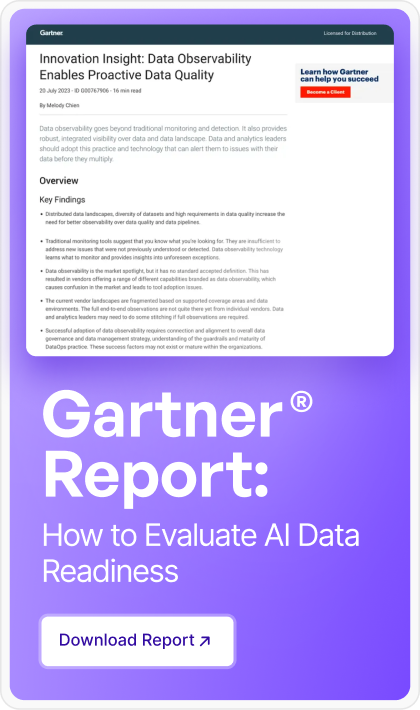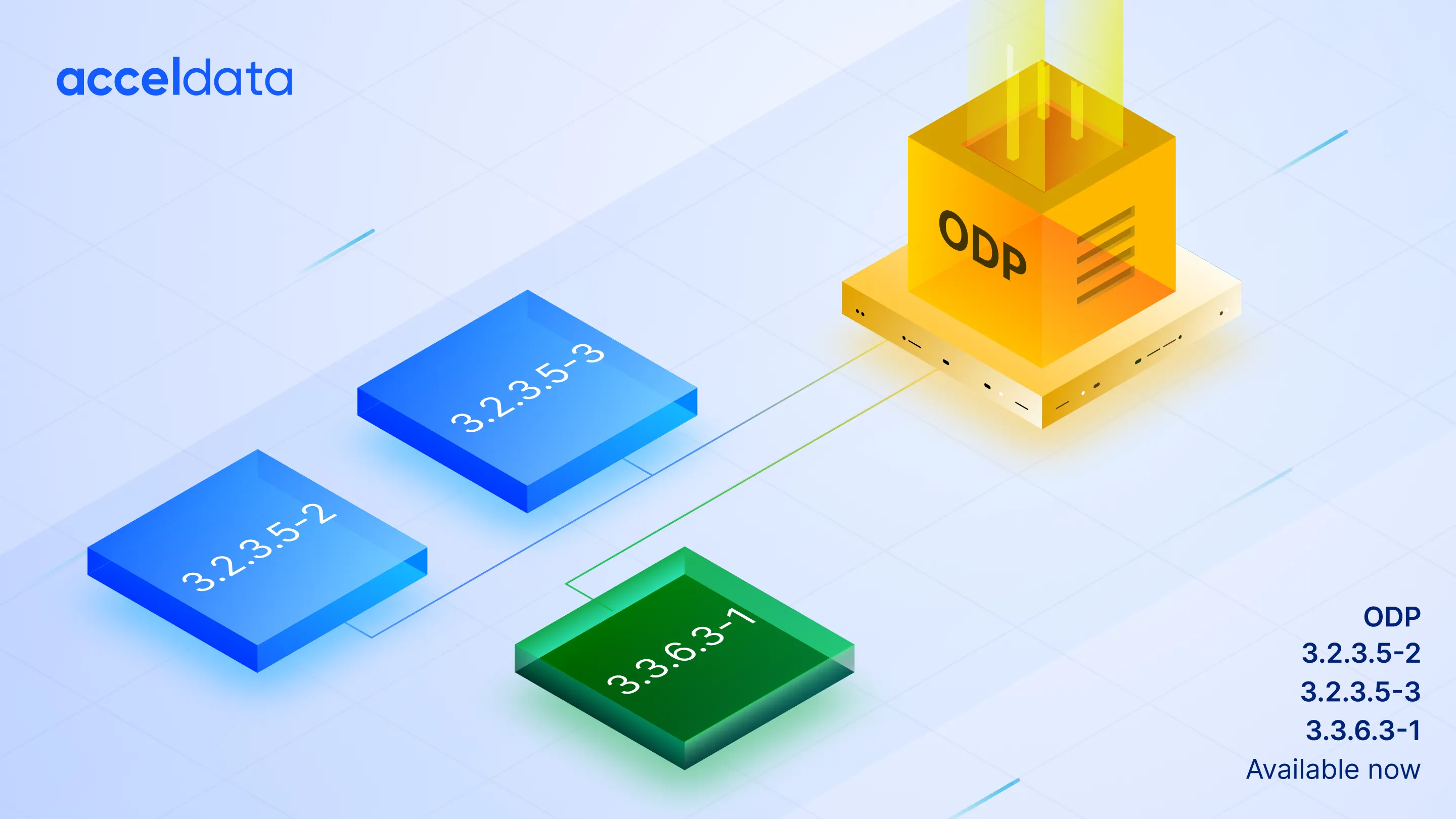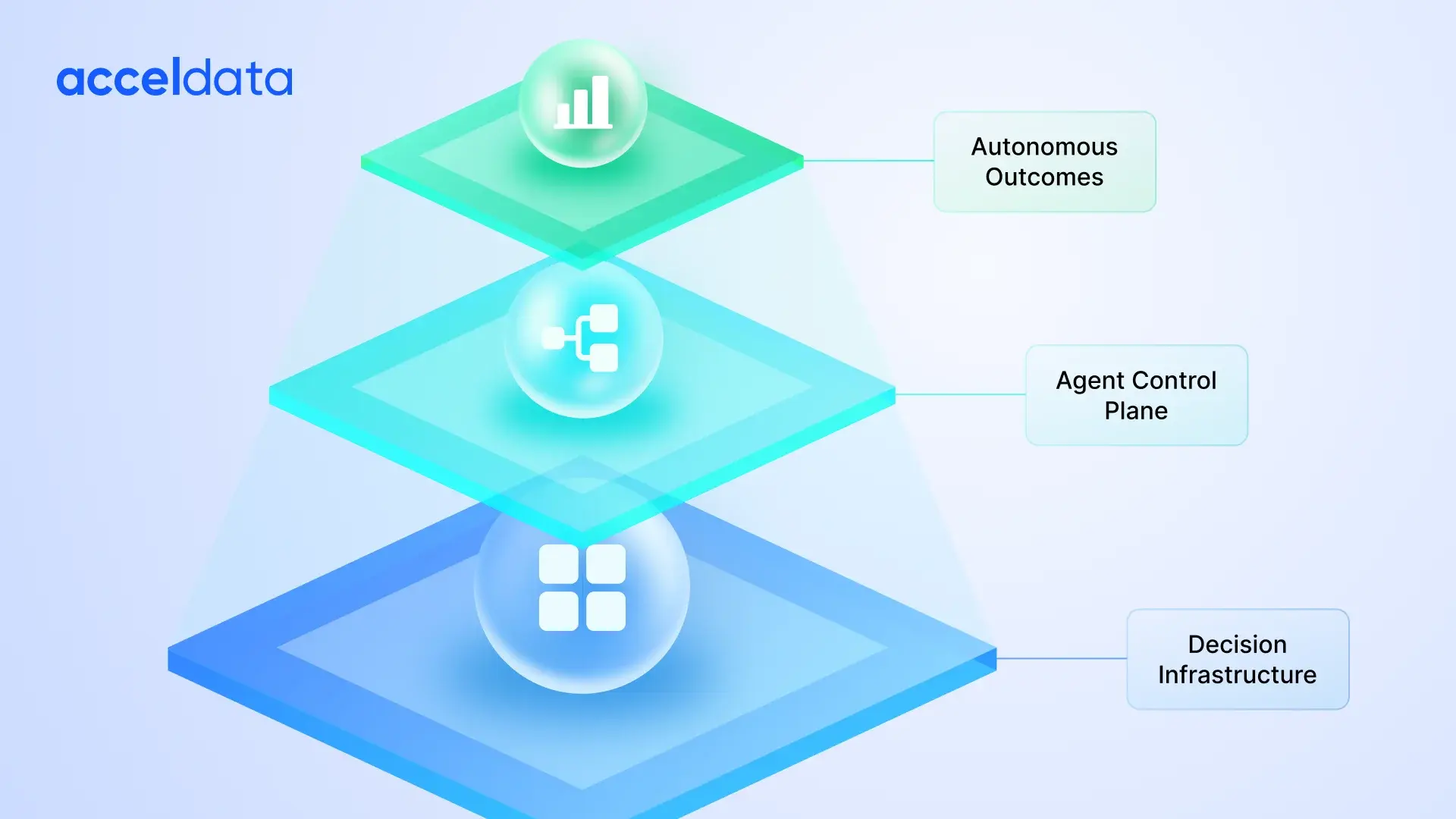Imagine a factory floor where machines predict their own maintenance needs, assembly lines self-optimize in real-time, and quality control is no longer a reactive process but a proactive assurance. This is not a glimpse into the distant future; it is happening now, driven by machine learning in manufacturing.
According to Deloitte's survey on AI adoption in manufacturing, 93% of companies believe AI/ML will be a pivotal technology driving growth and innovation in the sector. Just as the first industrial revolution reshaped production, this new wave of innovation powered by machine learning is poised to redefine efficiency, scalability, and industrial growth.
This article explores how machine learning is revolutionizing manufacturing, from predictive maintenance to quality control and process optimization. It also discusses the future of the manufacturing industry.
Understanding Machine Learning and its Impact on Manufacturing
Machine learning (ML) is a subset of artificial intelligence (AI) that enables systems to learn and improve from data without being explicitly programmed.
In manufacturing, machine learning is implemented through sophisticated algorithms and IoT sensors embedded in factory equipment, allowing machines to collect and analyze large volumes of data. This data is then used to predict equipment failures, optimize production schedules, and ensure consistent quality control.
The impact of ML on manufacturing operations is profound. ML-driven systems streamline processes, minimize human error, and maximize efficiency by enabling real-time decision-making.
Factories equipped with ML solutions operate with heightened precision, reducing downtime and energy consumption while scaling output to meet demand. This results in smarter, leaner, and more responsive manufacturing systems that redefine industrial efficiency.
According to a report by McKinsey, companies adopting AI and ML-driven strategies in manufacturing have witnessed a 30% to 50% reduction in machine downtime, 15% to 30% improvement in labor productivity, 10% to 30% increase in throughput, and 10% to 20% decrease in the cost of quality.
Smart Factories in Action: Application of ML in Manufacturing
Manufacturing plants have long grappled with inefficiencies, unexpected breakdowns, and resource waste, often leading to delays and financial losses. Machine learning in manufacturing addresses these challenges head-on, revolutionizing operations with precision and intelligence.
Here's how ML applications are reshaping factories and driving unparalleled efficiency:
Predictive maintenance: Unplanned equipment failures can bring production to a halt, costing manufacturers both time and money. Traditional maintenance methods are reactive, often leading to costly downtimes.
ML leverages IoT analytics to monitor machine performance in real time, identifying subtle anomalies that indicate potential issues. By predicting breakdowns, factories can schedule maintenance proactively, thus reducing costs and ensuring seamless production.
Quality control and defect detection: Manual inspection of products can be slow and error-prone, leading to undetected defects and compromised quality. ML-powered vision systems analyze production outputs at a granular level, identifying defects in real time with remarkable accuracy.
These systems are deployed on assembly lines, ensuring consistent quality and minimizing waste by identifying issues early in the process.
Supply chain optimization: Supply chains often face bottlenecks due to poor demand planning or unexpected disruptions. ML processes vast amounts of data, optimizing logistics by predicting delays, identifying inefficiencies, and adjusting routes dynamically.
This ensures smoother operations, reduces costs, and improves delivery timelines, allowing businesses to stay competitive.
Demand forecasting: Overproduction and stockouts are common challenges in manufacturing. ML analyzes historical data and market trends to deliver precise demand forecasts. Factories can better align production schedules with market needs, preventing inventory shortages or surpluses and ultimately improving customer satisfaction.
Energy efficiency and resource management: Factories often struggle with high energy costs and resource wastage. ML helps analyze energy usage patterns and adjust systems for optimal efficiency. It also ensures sustainable resource usage, reducing waste and operational costs without impacting productivity.
Robotics and automation: Manufacturing often involves repetitive tasks that are time-consuming and prone to errors when performed manually. ML-driven robotics bring consistency and speed to these operations. These robots adapt to varying tasks, improving precision, reducing labor costs, and enabling factories to scale efficiently.
By solving persistent challenges and streamlining operations, ML transforms traditional manufacturing into intelligent, agile systems. For businesses aiming to thrive in a competitive landscape, embracing these smart factory solutions isn’t just a trend; it’s a strategic necessity.
Tech—The Backbone of Manufacturing Intelligence
At the core of machine learning in manufacturing lies a robust ecosystem of technologies that enables the integration of intelligence into factory operations.
Here’s a closer look at the foundational technologies driving this transformation:
- IoT analytics: Sensors and IoT devices collect real-time data from machines, production lines, and environmental conditions, offering actionable insights into operations.
- Cloud computing: Provides scalable storage and computational power needed to process large datasets and train ML models effectively.
- Edge computing: Edge computing brings data processing closer to the source, reducing latency and ensuring faster responses for critical manufacturing processes.
- AI algorithms: Advanced ML and AI models analyze data patterns, powering applications such as predictive maintenance and quality control.
- Data integration systems: Connect disparate data sources, ensuring a unified view of operations and seamless communication between systems.
The reliability of these technologies depends on high-quality data. Even the most advanced systems cannot deliver optimal results without accurate, consistent, and timely data. Ensuring data integrity is essential to make the most of the potential of ML applications.
Why Machine Learning is Ultimate Manufacturing Advantage
Machine learning, when implemented in the right way, can perform better and faster than humans in certain areas, thereby increasing efficiency, precision, and speed of the entire process.
Manufacturers adopting ML reap benefits that go far beyond automation. Here are the key advantages:
- Improved decision-making: ML empowers manufacturers with actionable insights based on real-time data.
- Cost efficiency: Predictive maintenance and process optimization reduce operational expenses significantly.
- Enhanced flexibility: ML-driven systems adapt to changes in demand and production, improving responsiveness.
- Sustainability: ML contributes to greener manufacturing practices by minimizing waste and optimizing energy use.
These advantages make investing in ML applications and integrating machine learning solutions into the manufacturing process essential for businesses.
Navigating Roadblocks in ML Adoption
Despite its transformative potential, machine learning in manufacturing is not a plug-and-play solution. Realizing its benefits requires overcoming critical challenges that hinder seamless integration and operation.
- Data silos: Manufacturing data often resides in isolated systems, preventing a unified view of operations. Breaking down data silos through integrated platforms ensures that ML models can access and analyze comprehensive datasets.
- Skill gaps: The shortage of ML and data science professionals leaves manufacturers struggling to build and maintain intelligent systems. Upskilling existing employees and collaborating with technology partners can bridge this gap effectively.
- High initial costs: Establishing ML infrastructure and hiring skilled personnel can strain budgets, especially for small and medium enterprises. Strategically phased investments and leveraging cloud-based solutions can make adoption more feasible.
- Cybersecurity risks: Expanding IoT networks and connectivity increases the risk of data breaches and cyberattacks. Manufacturers must implement robust data and cyber security measures, such as encryption and monitoring, to safeguard sensitive data.
Addressing these challenges through established strategies such as data integration, workforce training, and security upgrades can accelerate the journey to ML-powered manufacturing for efficiency and innovation.
From Theory to Factory Floor: Real-world ML Success Stories
Machine learning is no longer confined to research papers; it is reshaping manufacturing with practical solutions. The following real-world examples showcase how industries are leveraging ML to solve complex challenges, optimize processes, and achieve extraordinary results.
Transforming BMW's manufacturing with AI and IoT
BMW leverages AI and IoT analytics to enhance its production processes, transforming vehicles on the assembly line into intelligent participants in their own manufacturing journey. These vehicles autonomously interact with production systems, employees, and the cloud in real time, ensuring seamless communication and efficient operations.
The system identifies assembly variances, such as faulty plug connections, by comparing the intended and actual assembly statuses. This allows immediate corrections, significantly reducing rework.
Additionally, built-in cameras enable vehicles to analyze their surroundings, identifying discrepancies such as missing components. By promptly reporting these issues, the technology ensures production accuracy, minimizing errors and boosting overall efficiency.(1)
Unilever revolutionizing laundry powder manufacturing with ML
The world’s largest laundry detergent powder factory in Indaiatuba, Brazil, has embraced digital twinning, AI, and renewable energy to achieve remarkable efficiency and sustainability gains.
The factory uses a digital twin powered by machine learning to predict optimal process parameters for new formulations, eliminating physical trials and accelerating innovation. This approach enabled the launch of an anti-residue detergent while significantly decreasing development time.
The plant, once a major source of GHG emissions and high energy consumption, reduced its scope 1 emissions by 96% by switching to biomass energy and improving thermal efficiency through AI. These changes cut energy costs by over 50% and reduced annual CO2 emissions by 37,000 tons.
AI also ensures the right-first-time sealing of packs, minimizing waste and enhancing product quality. Predictive maintenance powered by machine learning has nearly halved maintenance costs since 2018, maximizing equipment availability. Additionally, an AI-driven order allocation system optimizes Brazil’s complex distribution network, reducing errors, costs, and improving service levels. [2]
These examples underline the transformative power of ML in manufacturing, from enhancing production accuracy to enabling sustainable practices. As industries continue to innovate, ML's role in driving efficiency and sustainability is set to expand even further.
What’s Next? The Future of Machine Learning in Manufacturing
The future of machine learning in manufacturing is brimming with groundbreaking advancements, promising to revolutionize operations and unlock unprecedented efficiencies.
Emerging technologies and innovations are set to redefine the boundaries of what factories can achieve.
Hyper-personalization
Upcoming ML advancements will empower manufacturers to deliver bespoke products at scale. By leveraging sophisticated algorithms to analyze market trends and individual preferences, factories can streamline production processes to meet diverse demands without compromising efficiency. This evolution will enable a level of customization previously unattainable in mass manufacturing.
Autonomous factories
The vision of self-operating factories is becoming a reality as ML integrates with IoT analytics and robotics. Advanced predictive models and real-time data processing will allow manufacturing plants to self-optimize workflows, anticipate maintenance needs, and autonomously adjust to production demands. This leap toward autonomy will significantly enhance productivity and reduce operational bottlenecks.
Sustainability-driven manufacturing
Next-generation ML tools will drive eco-friendly manufacturing by optimizing energy use, reducing waste, and facilitating closed-loop production systems. Innovations such as carbon footprint tracking and AI-optimized resource allocation will help businesses align with global sustainability goals while cutting costs and enhancing operational efficiency.
Collaborative robotics (Cobots)
Advancements in robotics and ML will make cobots smarter and more adaptive. Future cobots will not only assist humans in complex tasks but will also use real-time learning to adapt to dynamic factory environments. This enhanced collaboration will increase safety, productivity, and scalability across manufacturing processes.
As machine learning technologies continue to evolve, manufacturers will experience a profound transformation in their capabilities. These advancements signal the dawn of a new era in manufacturing—one defined by intelligent, agile, and sustainable operations that reshape industries and markets.
How Acceldata Helps Build ML Solutions for Competitive Edge
The rise of machine learning is reshaping manufacturing, driving transformative changes across operations and business strategies. From predictive maintenance to hyper-personalization, ML empowers manufacturers to unlock efficiency, innovation, and sustainability at unprecedented scales.
However, the success of these advancements hinges on the foundation of high data quality. Reliable, accurate, and well-integrated data is critical to building ML solutions that deliver actionable insights and impactful results.
Acceldata plays a pivotal role in ensuring this foundation by offering an advanced data observability platform. Its end-to-end data visibility, anomaly detection, and scalability capabilities enable manufacturers to maintain robust data pipelines.
By identifying inconsistencies and ensuring real-time data accuracy, Acceldata helps prevent costly errors and supports efficient ML-driven operations. Additionally, its scalable solutions allow businesses to handle complex data challenges, ensuring a seamless integration of ML technologies into manufacturing processes.
A partnership with Acceldata can provide manufacturers with the tools they need to drive operational excellence, reduce costs, and maintain a competitive edge.
Book your demo today to explore the future of machine learning with confidence, powered by trusted data and cutting-edge solutions.





.webp)


.png)








.webp)
.webp)


